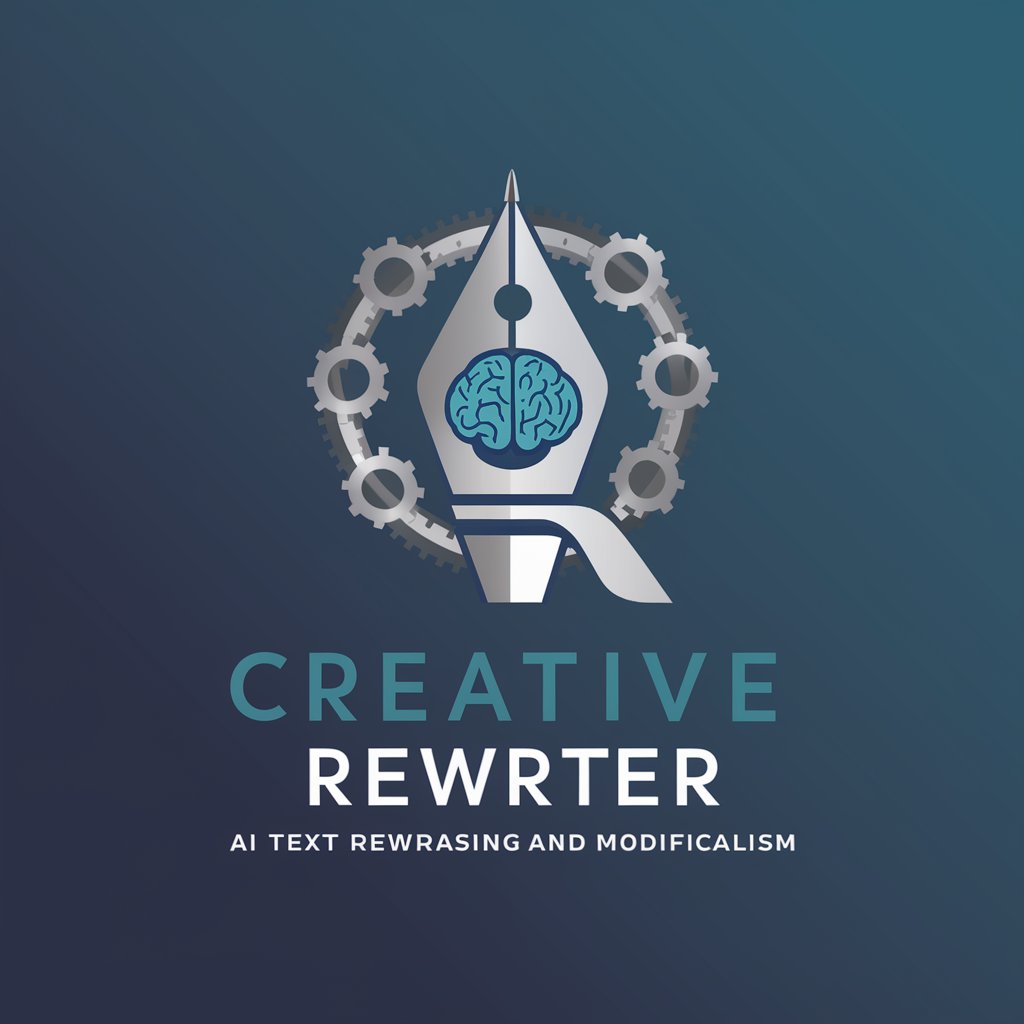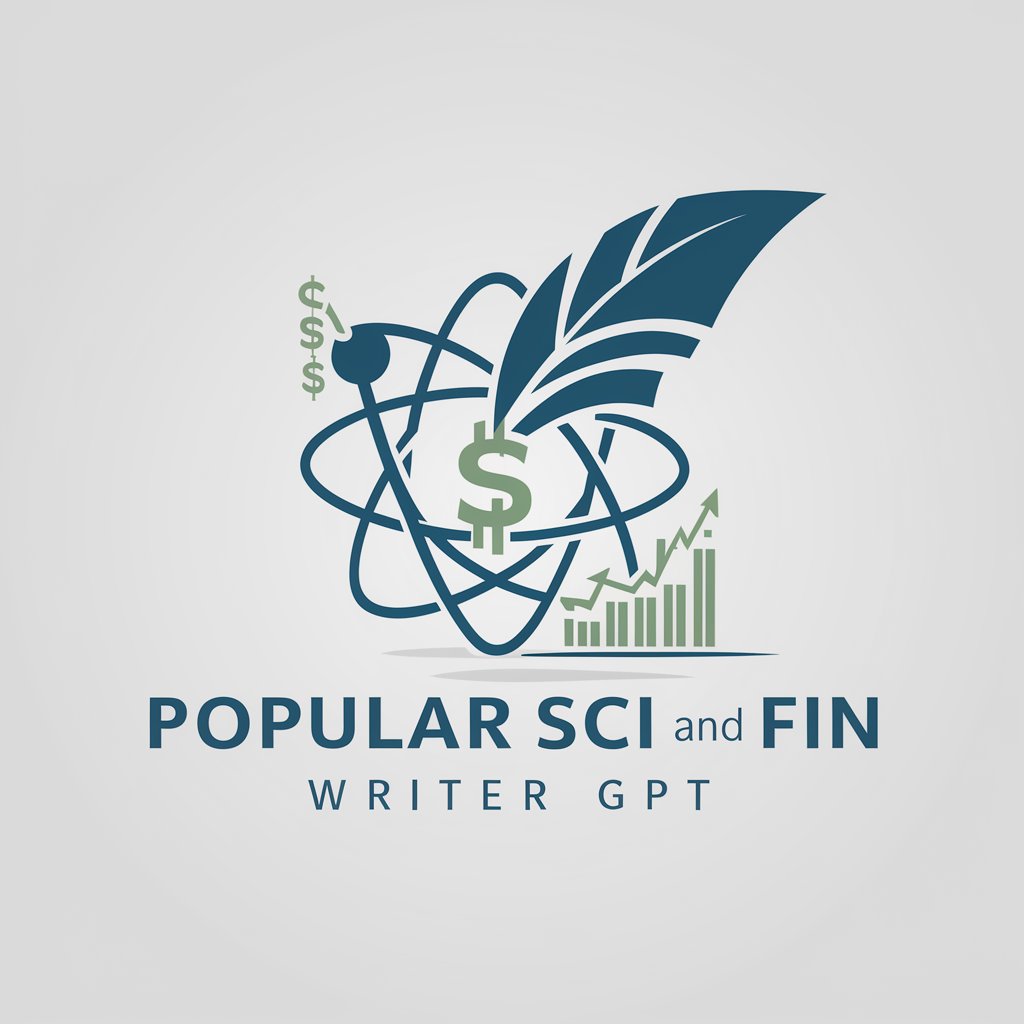BOOK ANALYSIS - AI book analysis tool

AI-Powered Book Analysis and Insights
Teach me!
Get Embed Code
Introduction to BOOK ANALYSIS
BOOK ANALYSIS is designed to provide in-depth reviews and analyses of books, focusing on extracting practical wisdom, insights, and lessons that can be applied to everyday life. Its core function is to distill complex ideas from books into understandable, actionable takeaways for a broad audience. BOOK ANALYSIS helps users understand the key themes, arguments, and contributions of various works, both fiction and non-fiction, across multiple genres. This includes everything from academic texts and self-help books to literary works and biographies. For example, if a user is interested in a business book, BOOK ANALYSIS can break down the core strategies and principles, discuss their real-world applications, and highlight relevant case studies or examples from the book. Powered by ChatGPT-4o。

Main Functions of BOOK ANALYSIS
Summarizing Books
Example
Providing a concise abstract summary that captures the essence, main theme, and objective of a book.
Scenario
A student or researcher needs a quick yet thorough understanding of a book's content without reading the entire work. BOOK ANALYSIS delivers a clear summary that highlights the author's main arguments, themes, and notable contributions, allowing the user to grasp the book’s core message quickly.
Chapter-by-Chapter Analysis
Example
Creating detailed bullet-point summaries for each chapter, outlining key arguments, recurring themes, and notable examples or case studies.
Scenario
An educator preparing a lesson plan needs specific insights from a book, such as key arguments or case studies for each chapter. BOOK ANALYSIS can provide a chapter-by-chapter breakdown, allowing the educator to easily identify relevant content and integrate it into their teaching.
Extracting Key Learnings
Example
Identifying 10-20 key lessons from a book and explaining their real-life applications, counterarguments, and potential impacts.
Scenario
A professional or business leader looking for actionable insights to apply in their work environment can use BOOK ANALYSIS to find practical strategies, management techniques, or communication tips derived from the book's content. For example, if the book discusses effective leadership, BOOK ANALYSIS can outline key practices and how they might be implemented in different organizational contexts.
Critical Review and Comparison
Example
Providing a critique of the book, including strengths, weaknesses, and comparisons to other works in the same field.
Scenario
A book club or group of literary enthusiasts might use BOOK ANALYSIS to gain a deeper understanding of a book's strengths and weaknesses and how it compares to similar works. This can facilitate richer discussions and critical engagement with the text.
Recommendations for Further Reading
Example
Suggesting five additional books on a related topic, with a rationale for each recommendation.
Scenario
A reader who has finished a book and is looking for similar or contrasting works to explore further can use BOOK ANALYSIS to find curated recommendations, broadening their perspective on the subject or diving deeper into specific themes.
Ideal Users of BOOK ANALYSIS
Students and Researchers
Students and researchers can use BOOK ANALYSIS to quickly understand the core ideas, arguments, and themes of books that are relevant to their studies. This is particularly useful for literature reviews, writing essays, or preparing for exams, as they can access detailed chapter summaries and key insights without needing to read the entire book.
Educators and Academics
Educators and academics may benefit from BOOK ANALYSIS when preparing course materials or lectures. The service provides concise summaries and detailed analyses of books, which can be used to develop curricula, generate discussion points, or offer additional reading materials for students.
Professionals and Business Leaders
Professionals and business leaders can leverage BOOK ANALYSIS to find actionable insights, strategies, and lessons from various business, management, and self-help books. This helps them apply relevant concepts to their organizations, improve decision-making, and develop leadership skills.
Book Clubs and Literary Enthusiasts
Book clubs and literary enthusiasts use BOOK ANALYSIS to deepen their understanding of a book's themes, strengths, and weaknesses. The service's critical reviews, comparisons, and discussion points help foster richer conversations and more engaging discussions during meetings.
General Readers
General readers who are looking for a deeper understanding of books across different genres can use BOOK ANALYSIS to discover new perspectives, gain insights into the content they are reading, or decide whether a book is worth their time based on its key takeaways and critiques.

How to Use BOOK ANALYSIS
1
Visit yeschat.ai for a free trial without login, also no need for ChatGPT Plus.
2
Choose the specific book you want to analyze and input the title or provide key details about the book.
3
Select the type of analysis you require: abstract summary, chapter breakdowns, key learnings, critique, or recommendations.
4
Allow the tool to process the information; it will generate a detailed, structured report based on your selected analysis type.
5
Review the generated analysis and refine it if necessary. Use the insights provided for academic research, writing, or general understanding.
Try other advanced and practical GPTs
Community Prayer!
Connect through prayer, powered by AI

Drawings and sketch wizard
Empowering artists with AI-driven drawing prompts

Interactive Manga Drawing Course
Draw Manga with AI-Powered Guidance

Deliciously Decadent Drawings GPT
Reviving Decadence with AI Art

History of Prints and Drawings Tutor
Empowering art historical exploration with AI.

99% consistent character~ from photo🖼 or text💬
Crafting Consistent Characters with AI

Art Insight
Unlocking the secrets of art with AI

Pix Art
Transform Photos into Artworks with AI

Creative Rewriter
Transform words with AI-powered creativity.

Bolt By Sprint Creative
Maximize ad impact with AI-driven insights.

Popular SciWriter
Empowering science and finance storytelling with AI.

Great Scott
Empowering Decisions with AI Wisdom

BOOK ANALYSIS Q&A
What types of books can BOOK ANALYSIS analyze?
BOOK ANALYSIS is versatile and can analyze a wide range of books, including fiction, non-fiction, academic texts, self-help, biographies, and more. The tool extracts key insights and provides detailed breakdowns suitable for any genre.
Can BOOK ANALYSIS be used for academic research?
Yes, BOOK ANALYSIS is highly effective for academic research. It offers comprehensive chapter summaries, key learnings, and critical analysis, which can help students and researchers quickly grasp complex concepts and develop well-informed arguments.
How does BOOK ANALYSIS compare to reading the book itself?
BOOK ANALYSIS provides a thorough and structured overview of the book, highlighting essential themes, arguments, and insights. While it doesn't replace the experience of reading the full text, it serves as an excellent supplement, especially for time-constrained readers or those needing a quick understanding.
Is there a limit to how many books I can analyze?
There are no strict limits on the number of books you can analyze with BOOK ANALYSIS during the trial period or subscription. However, processing times may vary depending on the book's complexity and length.
What makes BOOK ANALYSIS different from other book summary tools?
Unlike standard book summary tools, BOOK ANALYSIS offers a deeper and more structured analysis, including critiques, key learnings, and application insights. It is tailored to provide value not just through summarization but by offering actionable takeaways and comprehensive breakdowns.
